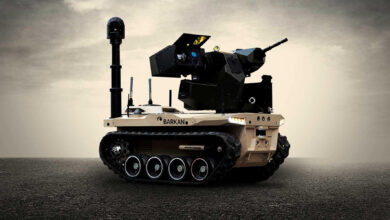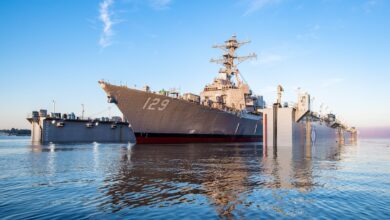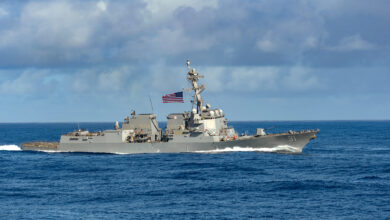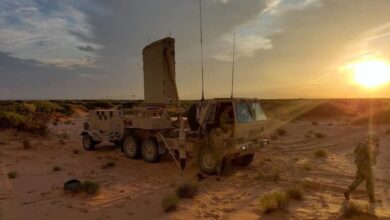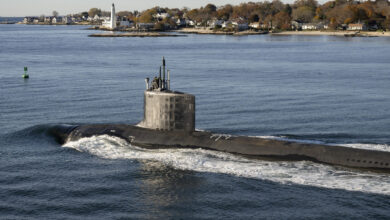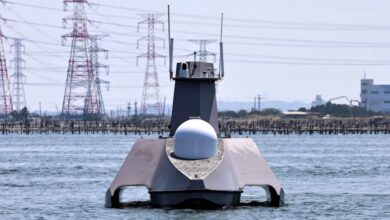HII, General Dynamics to Use 3D Printing for Virginia Submarine Construction
HII Newport News Shipbuilding and General Dynamics Electric Boat have announced the employment of 3D printing for the shipbuilding processes supporting the US Navy’s future Virginia-class nuclear-powered submarines.
The method’s combination with current shipbuilding materials is expected to speed up the construction and delivery of the vessels to the service.
HII and General Dynamics are part of the Virginia-class program, an ongoing effort to produce a submersible fleet incorporating advanced intelligence, weapon systems, battle group support, and mine warfare capabilities to replace the aging Los Angeles-class.
Potential for Mainstream Shipbuilding
The companies use marine-based alloys, including copper-nickel, as an alternative to traditional shipbuilding metals.
Copper-nickel was identified as a 3D-printing candidate to develop deck drains, a component embedded in structures and vehicles that collects and redirects water to a designated area.
The firms tested the approach in partnership with additive manufacturing specialist AMMCON. This led to a model, proof of concept, and final deck drain assembly installed on the under-construction Virginia-class USS Oklahoma (SSN-802).

“As a leader in additive manufacturing for shipbuilding, we are aggressively looking for opportunities to find ways to incorporate this technology into mainstream shipbuilding,” Newport News Shipbuilding Engineering and Design Vice President Dave Bolcar stated.
“This collaborative project leverages authorizations made by the Navy that streamline requirements for low-risk additive manufacturing parts.”
“It is possible due to the foresight and longer-term development efforts by our engineers to deploy additive manufacturing marine alloys for shipbuilding.”
Sustaining US Navy Support
Electric Boat Quality Vice President Megan Roberts emphasized that the team continuously works with construction and supply partners to rapidly adopt innovative methods for the Virginia submarine program.
“These first efforts to install additive-manufactured parts on submarines demonstrate the technology’s potential to dramatically reduce lead times for critical components, which will enable us to deliver more submarines faster, supporting the Navy’s fleet demands,” she said.



